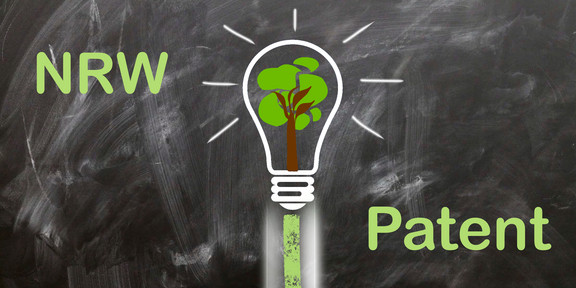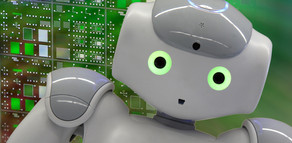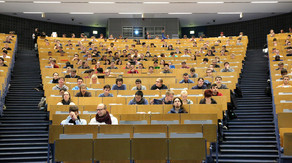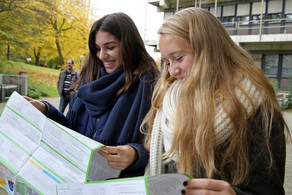Two out of three inventions come from the EIT department

In the second round of the "NRW Patent Validation" launched by the state government, an independent advisory committee has recommended a total of 15 projects for funding - these range from earthquake protection to electricity sensors and energy storage to quantum technologies. "The wealth of applications impressively demonstrates the innovative strength of our state: North Rhine-Westphalia is a pioneer when it comes to innovation! We want to promote the market-oriented further development of inventions, increase the chances of exploitation and thus make it easier for industry to access innovations," said North Rhine-Westphalia's Minister of Economic Affairs and Climate Protection, Mona Neubaur. She emphasized: "We need forward-looking projects to drive forward the transformation process in NRW and strengthen the competitiveness of our economy. I am delighted that we can help bring many clever ideas to market more quickly."
TU Dortmund University is supporting three inventions on their way to market maturity:
- Prof. Frank Jenau and Tobias Kuhnke from the Department of Electrical Engineering and Information Technology have developed an optical measurement method that compensates for temperature effects in current sensors.
- Prof. Stefan Tappertzhofen, also from the Department of Electrical Engineering and Information Technology, has invented an approach for the simplified production of quantum structures.
- The third project by Dr. Michael-David Fischer, Prof. Norbert Kockmann and Alexander Behr from the Department of Biological and Chemical Engineering is concerned with the development of a patented heat exchanger to save energy in bathroom showers.





